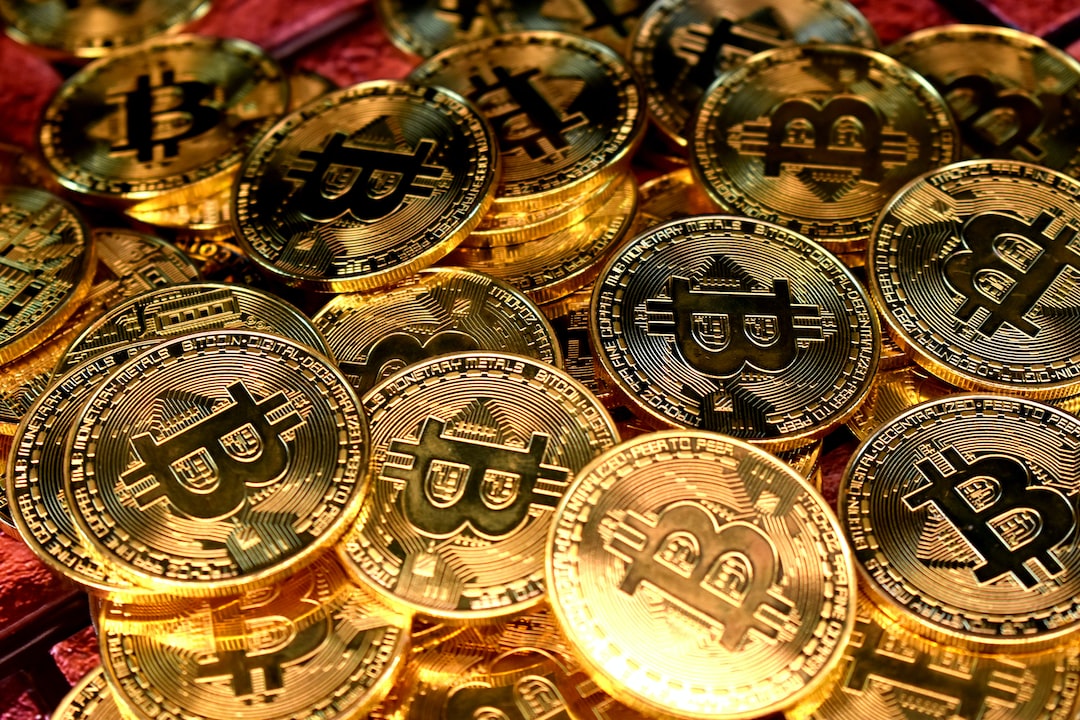The term “volatile” in the forex market refers to the degree of uncertainty or instability in the currency exchange rates. Volatility is a measure of how much the price of a currency pair changes in a given period. High volatility means that the price is fluctuating rapidly, while low volatility means that the price is stable or moving slowly.
Factors that can contribute to volatility in the forex market include economic news releases, geopolitical events, market sentiment, and changes in monetary policy. These factors can cause sudden and dramatic movements in currency prices, creating opportunities for traders to profit or incur losses.
One of the most significant advantages of trading forex is the high level of liquidity. The forex market is the largest financial market in the world, with an average daily turnover of over $5 trillion. This means that traders can buy and sell currencies quickly and easily, without worrying about liquidity issues.
However, the high liquidity of the forex market also makes it highly volatile. Currency prices can change rapidly, often within seconds, as a result of market news or events. This can create opportunities for traders to profit through short-term trading strategies, such as scalping or day trading.
However, high volatility also means that forex trading can be risky. Sudden price movements can cause traders to lose money quickly, especially if they are using leverage to amplify their trading positions. For this reason, it is essential for traders to have a solid risk management strategy in place, such as setting stop-loss orders or using hedging techniques.
Another factor that can contribute to volatility in the forex market is market sentiment. Market sentiment refers to the overall mood or attitude of traders towards a particular currency pair. When traders are bullish, or optimistic, about a currency pair, it can lead to higher prices and increased volatility. Conversely, when traders are bearish, or pessimistic, it can lead to lower prices and decreased volatility.
Economic news releases can also have a significant impact on forex volatility. Economic indicators, such as GDP, inflation, and employment data, can provide insights into the health of a country’s economy and its currency. Positive economic news can lead to higher prices and increased volatility, while negative economic news can lead to lower prices and decreased volatility.
Geopolitical events, such as elections, wars, or natural disasters, can also cause sudden and dramatic movements in currency prices. These events can create uncertainty and instability in the markets, leading traders to buy or sell currencies in response.
Finally, changes in monetary policy can also contribute to forex volatility. Central banks, such as the Federal Reserve or the European Central Bank, can adjust interest rates or engage in quantitative easing to stimulate or control inflation. These actions can have a significant impact on currency prices, leading to increased volatility in the forex market.
In conclusion, volatility is a critical concept in forex trading. It refers to the degree of uncertainty or instability in currency exchange rates and is influenced by a variety of factors, including economic news releases, market sentiment, geopolitical events, and changes in monetary policy. While high volatility can create opportunities for traders to profit, it can also be risky and requires a solid risk management strategy.





